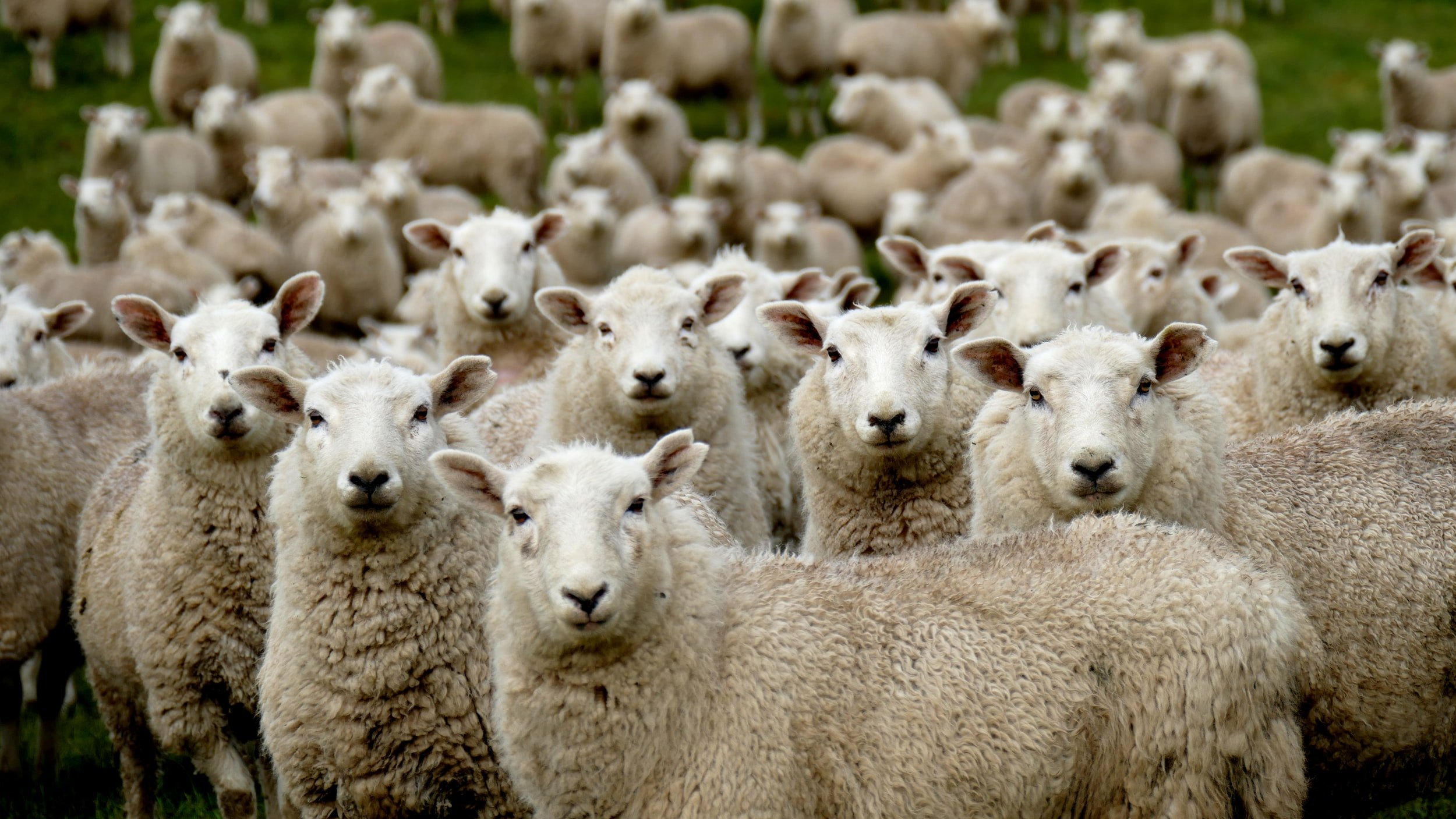Press Release
Wool industry peddles “wild dog” propaganda
27 November 2019: The Coalition can reveal that the Australian wool industry is behind the erroneous claims that “wild dogs” are responsible for millions in livestock losses, despite readily available evidence demonstrating that the subspecies is a myth invented to make poisoning programs more palatable to the public.
A statement released today by the dingo-killing arm of the wool production industry-driven initiative known as the National Wild Dog Action Plan claims that “threats to social licence” associated with “negative public attitudes toward 1080 baiting of wild dogs” has been effectively quelled by promoting misinformation about “wild dogs” through social media and industry-affiliated websites.
It was less than a month ago that we were told that almost all of the animals referred to as ‘wild dogs’ in NSW are actually the iconic Australian dingo. Today, the wool industry has released a statement that completely ignores science and continues to peddle the ‘wild dog’ propaganda line so that they can continue killing them with 1080 poison.
Alex Vince, Coalition campaign director.
The study revealed that less than 1% of DNA samples taken from dogs killed via so-called “best practice” management techniques, including 1080 baiting, had no dingo ancestry at all. The findings revealed the misinformation spread by proponents of 1080 poison, particularly the wool industry.
In the face of sound scientific evidence, the National Wild Dog Action Plan has dug in its well-paid heels and revealed itself to be a well-oiled propaganda machine designed to demonise a mythical animal because they know most Aussies wouldn’t be so willing to accept to killing.
We know there’s still dingoes out there. There’s close to no wild domestic dogs. We understand that industry has an interest in protecting animals from attacks, but there are better ways to go about it than deliberately deceiving the public so they can keep dropping poisons that completely disrupt and destroy the natural functioning of the ecosystem.
The recent press release published by the NWDAP emphasises the effort that has been made in recent years to challenge anti-1080 community sentiment. It characterises its role as “instrumental in providing several positive outcomes in the fight against wild dogs,” including through “advocacy by the National Wild Dog Coordinator to retain the right to use 1080 baits to control wild dogs”.
The threat such anti-1080 sentiment poses to the program is considered significant enough to warrant an entire section of the most recent review of the National Wild Dog Action Plan. The Action Plan is organised under several stages. All stages are contracted and managed by a company called Invasive Animals Limited and a not-for-profit organisation known as Australian Wool Innovation Limited, a research and development group that provides funding to groups and individuals under its “Community Wild Dog Control Initiative”. The funding is currently open and available. Groups may receive funding for equipment to produce and prepare 1080 baits, the purchasing of products and the payment of aircraft and crew hire for aerial baiting programs. It even provides producers with money for the labour used to lay baits.
1080 is a tortuous way for any animal to die. There is no antidote to it. It is inhumane and poses a significant threat to other wildlife as well. Almost every other country in the world has outlawed it because it is simply too dangerous to use.
Yet there is an entire complex of organisations, including not-for-profits and government agencies, that are completely dependent on the money that continuing to use 1080 provides. It’s not a good enough excuse anymore. Our dingoes deserve better.
The Coalition Against 1080 Poison are leading a campaign to ban 1080 across the country. As a network of dedicated organisations, individuals, and community groups, the Coalition’s stance is that poisons are indiscriminate, inhumane, and unacceptable.
Last year, then-Senator Derryn Hinch tabled a phase-out of 1080 after receiving a petition sponsored by the Coalition and signed by close to 40,000 gobsmacked Australians.
The Coalition currently has an active petition asking the regulatory authority to conduct an urgent and transparent review of 1080 poison across the country.

